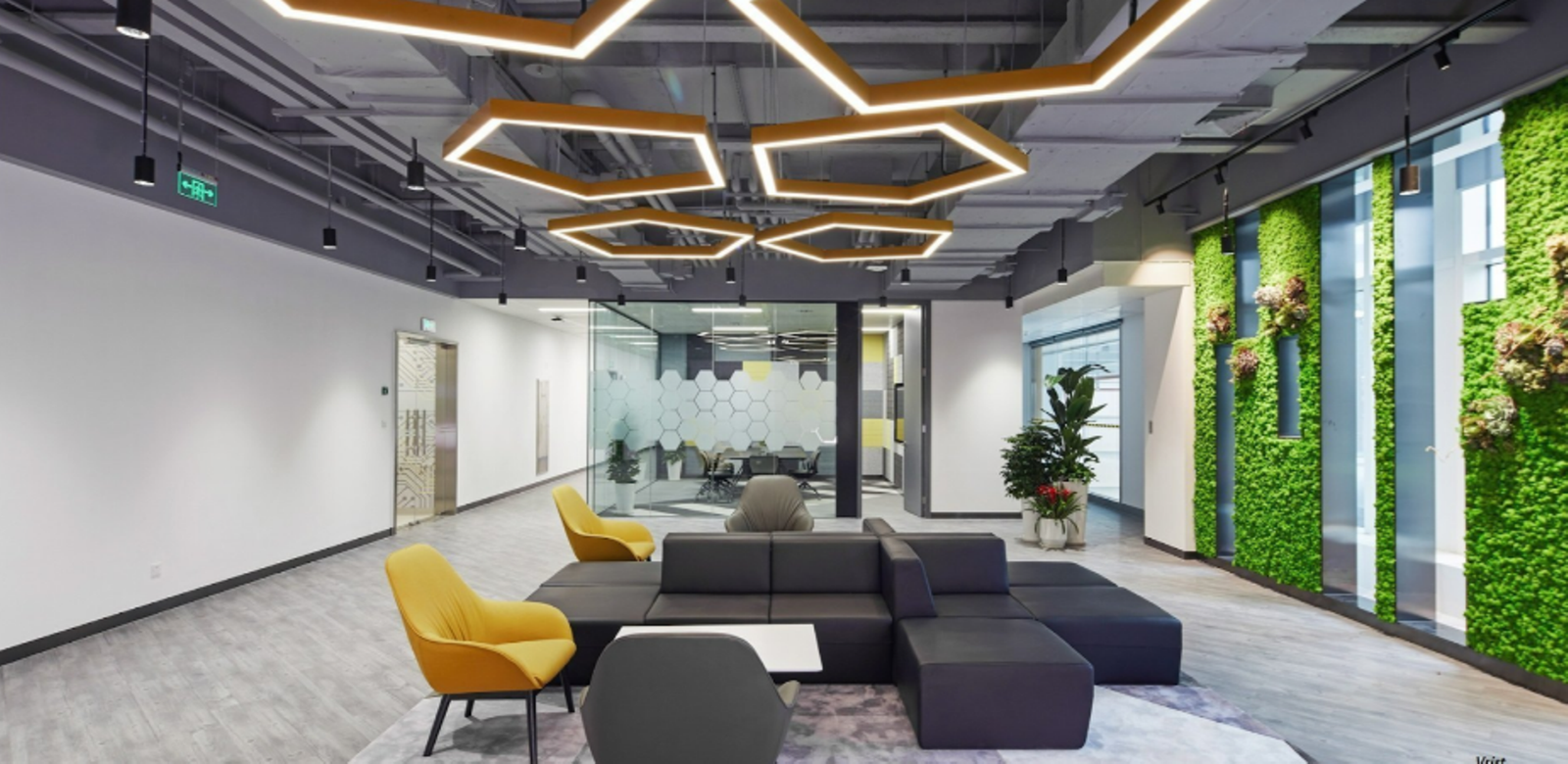In today’s fast-paced corporate world, the design and layout of a workspace play a pivotal role in shaping employee productivity, client perception, and overall brand identity. A well-designed office not only reflects a company’s professionalism but also ensures that the space serves practical needs efficiently. This is where a Commercial Interior Decorator steps in—combining aesthetics with functionality to elevate the workplace environment.
The Role of a Commercial Interior Decorator
A Commercial Interior Decorator specializes in enhancing the visual and functional appeal of commercial spaces such as offices, retail environments, and hospitality venues. Unlike residential decorators who focus on personal preferences, commercial decorators prioritize brand representation, operational flow, and compliance with safety and accessibility standards. Their expertise lies in understanding how design choices impact behavior, workflow, and client engagement, ensuring that the final space aligns with business goals.
By assessing the nature of the business, its culture, and workflow requirements, the decorator creates a tailored design strategy. This includes selecting appropriate color schemes, furniture, lighting, and layout plans that enhance both the look and the usability of the office. Their ability to blend corporate identity with spatial planning makes them an essential partner in any office transformation project.
Enhancing Functionality Through Thoughtful Design
Functionality is at the heart of any successful office design. A Commercial Interior Decorator ensures that every element in the office—from desks and chairs to meeting rooms and communal areas—contributes to an efficient and seamless workflow. They evaluate traffic patterns, work styles, and departmental interactions to create zones that support focus, collaboration, and privacy as needed.
Whether it’s optimizing storage solutions, improving acoustics, or incorporating flexible workspaces, decorators ensure that the office adapts to the evolving needs of its users. In open-plan offices, for example, a decorator might introduce modular furniture and partition designs that promote teamwork without sacrificing concentration. Through smart space planning, they can also help reduce clutter and make better use of underutilized areas.
Infusing Style to Reinforce Brand Identity
While functionality is crucial, the visual appeal of a workspace should not be overlooked. A Commercial Interior Decorator adds layers of style that not only make the office more inviting but also reflect the brand’s personality. From color palettes and textures to wall art and custom fixtures, every design element is chosen to convey a consistent and professional image.
For instance, a tech startup might benefit from a modern and vibrant environment with bold colors and innovative design features, while a law firm may prefer a more classic and refined look that communicates trust and authority. In both cases, the decorator ensures that the style aligns with the brand message and resonates with clients and employees alike.
Improving Employee Morale and Productivity
A thoughtfully designed workspace directly influences employee satisfaction and performance. Studies show that natural light, ergonomic furniture, and aesthetically pleasing environments can significantly boost morale and reduce stress levels. A Commercial Interior Decorator takes these factors into account when designing office interiors.
By incorporating elements such as biophilic design, calming color schemes, and comfortable break areas, decorators create an atmosphere that promotes well-being and focus. This, in turn, can lead to higher employee retention, better collaboration, and improved overall productivity. The decorator’s attention to both the psychological and physical aspects of office design makes a tangible difference in workplace dynamics.
Adapting to Modern Business Needs
In the post-pandemic era, the need for flexible and hybrid work environments has grown substantially. A Commercial Interior Decorator can reimagine traditional office layouts to accommodate remote work technologies, touchless solutions, and reconfigurable workstations. Their ability to stay ahead of design trends and understand regulatory requirements ensures that businesses remain agile and forward-thinking.
Whether it’s creating hot-desking areas, integrating technology for virtual collaboration, or enhancing air quality and ventilation systems, decorators provide the insight and expertise needed to future-proof office spaces.
Conclusion
Transforming an office into a space that is both functional and stylish requires a strategic approach that balances practical needs with design excellence. A Commercial Interior Decorator brings the vision, skills, and experience necessary to achieve this balance. By aligning design elements with business objectives, they create environments that inspire productivity, reflect brand identity, and support the well-being of everyone who walks through the doors. Investing in professional interior decoration is not just about making a space look good—it’s about setting the stage for business success.


